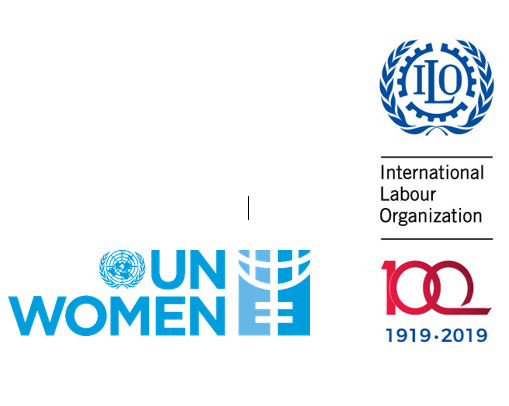A number of effective remedies for women who experience violence and harassment in the world of work are emerging, including counselling, paid or unpaid leave or other measures to support their reintegration into work, as well as providing financial compensation. In a number of countries, such support is being provided at the workplace level. For example, in Belgium (Act on Wellbeing at Work, 2014) and the Netherlands (Working Conditions Act, 2007), legislation foresees the appointment of workplace “persons of confidence” who ensure confidential support to victims of violence, often providing an important prevention role.
|
Confidential support services for victims of violence and harassment |
|
Unifor’s Women’s Advocate Program[1] The Women’s Advocate Program is a groundbreaking joint union-management workplace program designed to prevent and address domestic violence, and other forms of gender-based violence, in the workplace. The program has been successful in creating supportive and safer workplaces through information and awareness-raising. Trained workplace representatives (Women’s Advocates) support victims to access leave from work, psychological support and safe housing. By the summer of 2009, the union had negotiated the placement of Women’s Advocates at 137 workplaces. The success of the program has led to a declaration against gender-based violence from the leadership of the union (Unifor, 2014). |
|
Confidential workplace support services for women in Slovenia (ETUC, 2017f) In Slovenia, the introduction of the 2009 Decree on Measures to Protect Workers’ Dignity at Work in State Administration led to the appointment and training of confidential workplace counsellors. To date, the Slovenian Ministry of Labour, Family, Social Affairs and Equal Opportunities has trained over 600 workplace counsellors to this end, and the head of each public administration service is required to publicize the role of the counsellors. The counsellor provides advice to victims and helps mediate and resolve issues. Good practices have also been established in the Slovenian police and army, with good results, where there had previously been high numbers of complaints. Building partnerships between workplace actors and civil society – for example, between NGOs, trade unions and specialist women’s organizations – has been part of the solution in Slovenia. The health care trade union, the SOS Helpline and the Chamber of Nursing and Midwifery Services ran a joint project, “Advisory phone for people with experience of violence at the workplace”. The project provides support and information to women who have been victims of violence and harassment at work (workplace violence and domestic violence) and to enable them to take action and make complaints. |
|
International Transport Workers’ Federation (ITF) – Global Women’s Advocacy Program[2] In collaboration with affiliated unions and the Swedish solidarity support organization “Union to Union”, the ITF has developed the Global Women’s Advocacy Program for the transport sector, based on the model developed by the trade union Unifor, in Canada. Training of trainers was delivered in Nepal, India, Peru and Brazil in 2017 and early 2018, based on a combination of global and national material developed in conjunction with specialists working on issues of gender-based violence. The programme supports affiliates to call attention to, and end violence against, women transport workers and to support women survivors of domestic or workplace violence. The project is now focusing on supporting negotiations with employers, engaging new affiliates in developing women’s advocacy, and exploring the links between gender-based occupational segregation and gender-based violence in the transport industry. |
[1] Unifor is Canada’s largest private sector union, with more than 310,000 members, established in 2013, following a merger of the Canadian Auto Workers union (CAW) and the Communications, Energy and Paperworkers Union of Canada (CEP).
[2] Information provided in an interview by Jodi Evans, ITF Equality Officer, and Union to Union (2018) op cit.
